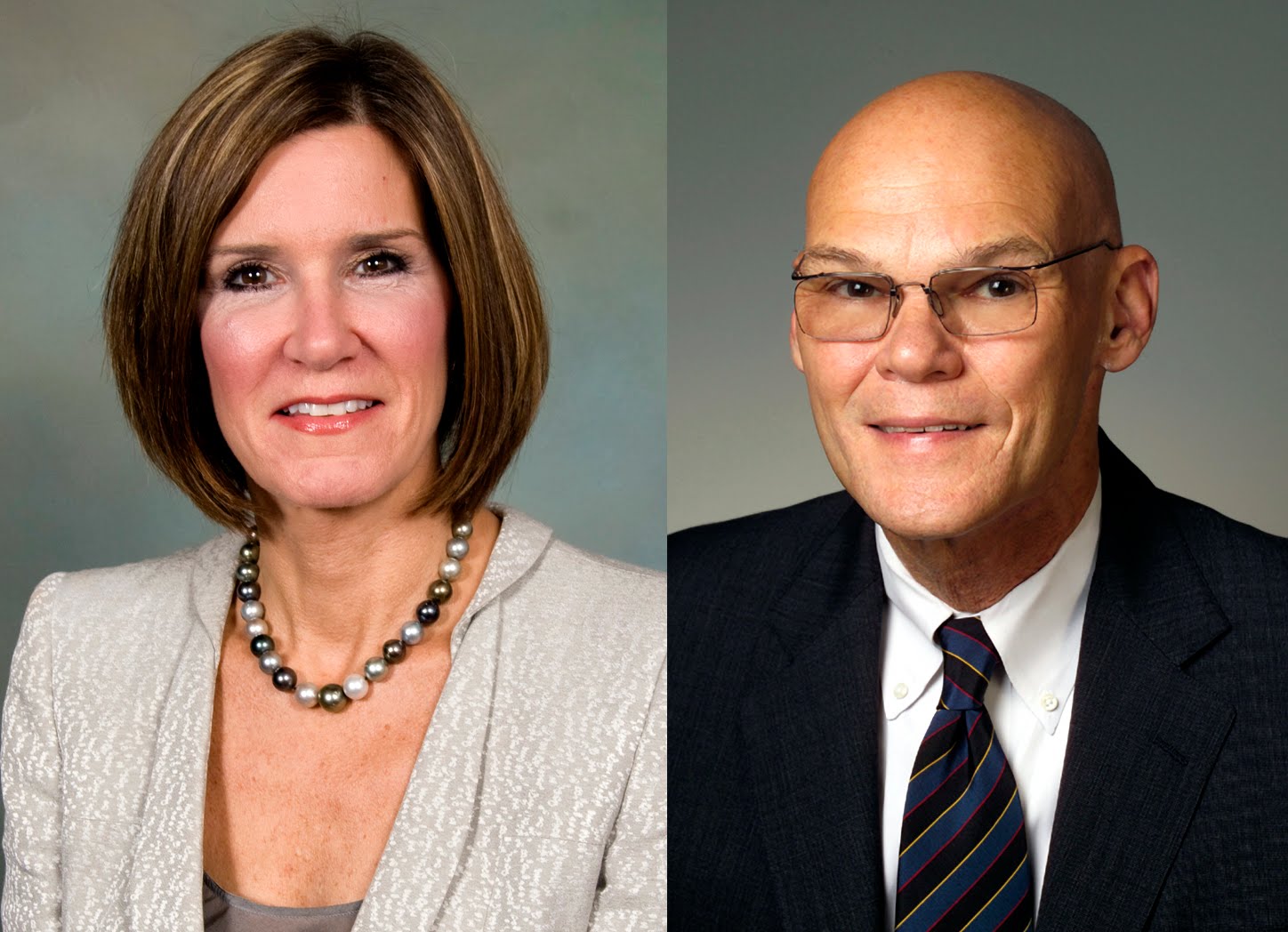Iowa’s Secretary of State, Matt Schultz, has failed to find much evidence of voter fraud in the state. In 2012, Schultz struck a deal with the Iowa Division of Criminal Investigation to investigate cases of voter fraud, which Schultz and many conservatives across the country have attempted to portray as a rampant problem.
The investigation, which has gone on for about 18 months and cost the state nearly $150,000, has only yielded criminal charges in 16 cases, according to the Des Moines Register. Of the 16 cases, only 5 have resulted in guilty pleas and five others have been dismissed. None of the cases have gone to trial.
While his own investigation shows that the few cases of fraud that were discovered are statistically insignificant, Schultz claims the 16 cases of voter fraud have proven that there is a significant problem and reinforce his claims that a crackdown on voter verification is necessary.
Bonnie Pitz, president of the nonpartisan League of Women Voters, disagrees. “Nationally and in Iowa, we just do not see that voter fraud is a big issue,” she told the Register. “The activities from Secretary of State Schultz have just been intimidating.”
In fact, voter fraud is extremely rare in the United States. An “exhaustive” study by News21, an investigative reporting project, reveals the rate of voter fraud is “infinitesimal.” According to the study:
Since 2000, a time when 146 million Americans were registered to vote, News21 found 10 cases of in-person voter fraud, which only photo ID laws would prevent. That would be about one case for every 15 million eligible voters.
Still, conservative lawmakers across the country have been bent on enacting some of the harshest voter ID laws in the nation under the guise of addressing the non-existent epidemic of voter fraud. At least 36 states introduced restrictive voter ID laws during 2013. Some of the worst voter ID laws passed have included requiring voters to have government-issued photo identification, shortening the early voting period, and eliminating pre-registration for youths who will turn 18 by Election Day.
These extreme laws typically alienate youth and minority voters, which is precisely the goal, as those demographics tend to vote democratic. In fact, many states have been pushing for far stricter regulations on voting than on gun ownership, as if nearly non-existent voter fraud was a greater threat than gun violence.
The Supreme Court’s dissolution of the Voting Rights Act this year is largely to blame for increased attempts to suppress voters. In September, Attorney General Eric Holder said, “We will not allow the Supreme Court’s decision to be interpreted as ‘open season’ for states to pursue measures that suppress voting rights.”
This year, at least 10 states have passed restrictive voter ID laws. The Justice Department has sued the state of North Carolina for alleged discrimination in its voter ID bill, which has been called potentially the worst in the nation. The DOJ also sued the state of Texas this year to block the state from enforcing its restrictive voter ID bill.
Alisha is a writer and researcher with Ring of Fire. Follow her on Twitter @childoftheearth.

